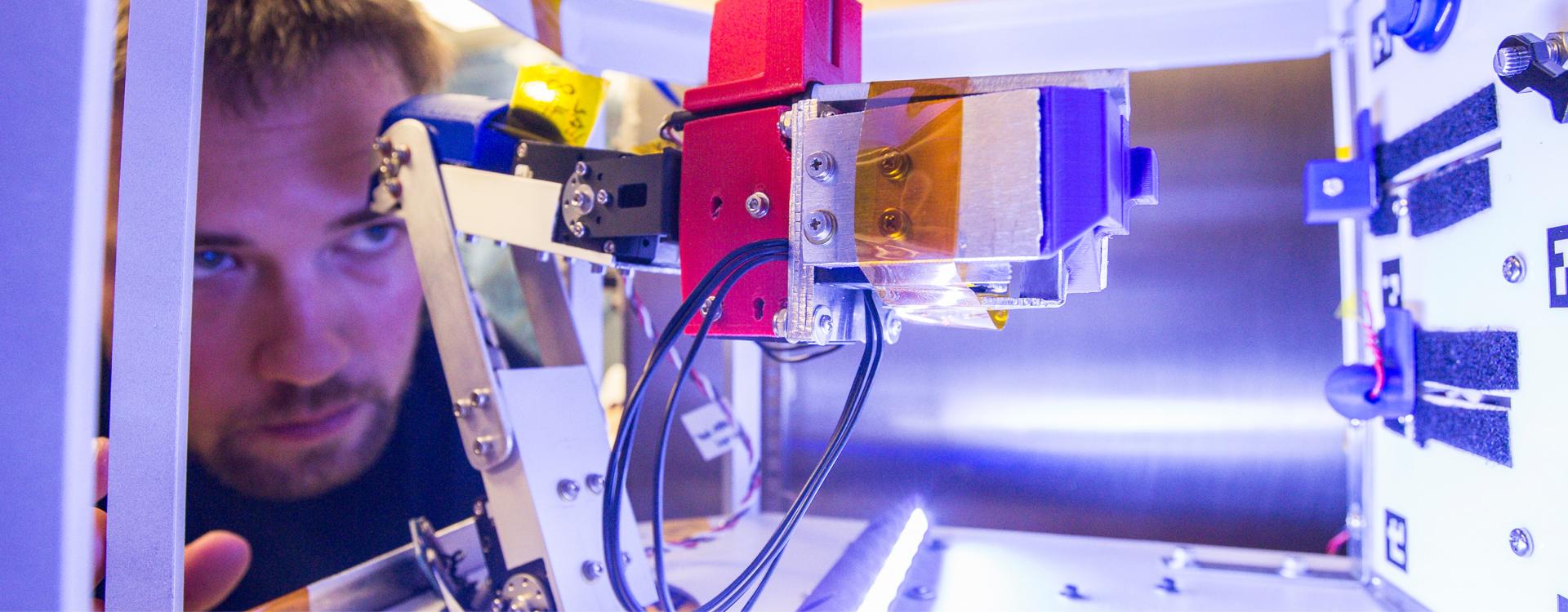Durham Tech strengthens equity and inclusion efforts through rigorous professional development program
(Durham, N.C.) – As Durham Technical Community College continues to advance its significant equity and inclusion efforts, the College has received a $25,000 grant from the PNC Foundation to support the Racial Equity Institute’s Phase 1 training to 105 Durham Tech employees.
“In understanding the transformative change that is necessary in creating a culture of equity mindedness, the Racial Equity Institute professional development training will serve as a foundation for future development opportunities in our commitment to creating an anti-racist institution,” said Dr. Angela Davis, Affirmative Action Officer and Special Assistant to the President for Equity and Inclusion at Durham Tech.
The first Racial Equity Institute session was held virtually Dec. 5-6, and educated participants on topics such as recognizing racism in its institutional and structural forms, understanding and controlling implicit bias, and learning about racial identity and institutional culture.
“PNC applauds Durham Tech’s leaders and employees for their continued commitment to diversity, equity and inclusion ― and for proactively pursuing this professional development opportunity,” said Jim Hansen, PNC regional president for Eastern Carolinas. “The actionable insights from this training will extend beyond the college and into the community, where Durham Tech is widely recognized for its efforts to remove institutional barriers.”
Durham Tech has taken significant measures to promote institutional change for diversity, equity, and inclusion efforts. In August, the College announced an action plan and commitments to bolster systematic change and promote equitable outcomes for all students and employees. Earlier this year, Durham Tech also hired a Director of Students of Color Success, a newly created position. The College continues to provide employees with annual trainings to help improve institutional practices by focusing on the achievement gap for students of color, removing institutional barriers, and creating a better environment for all students.

